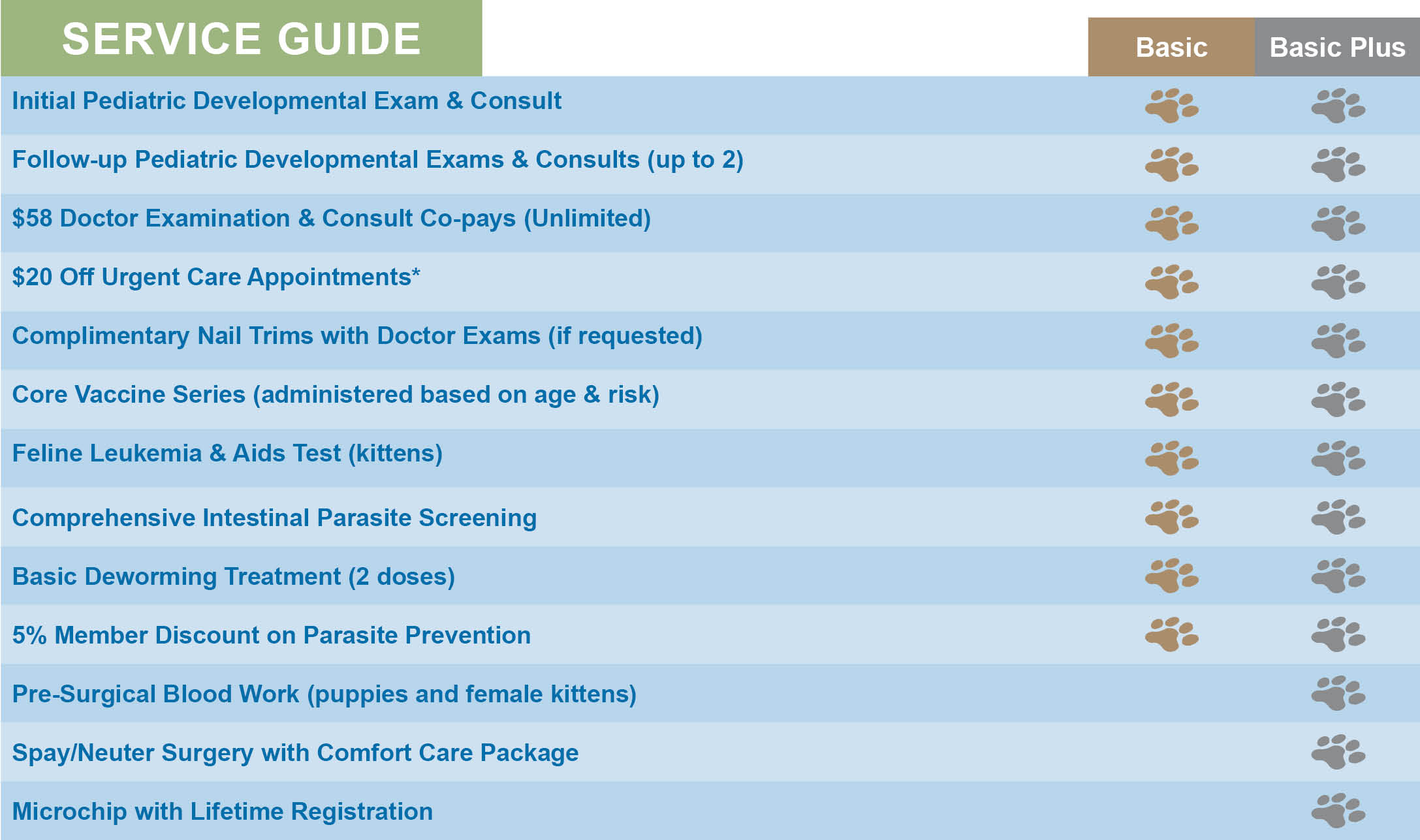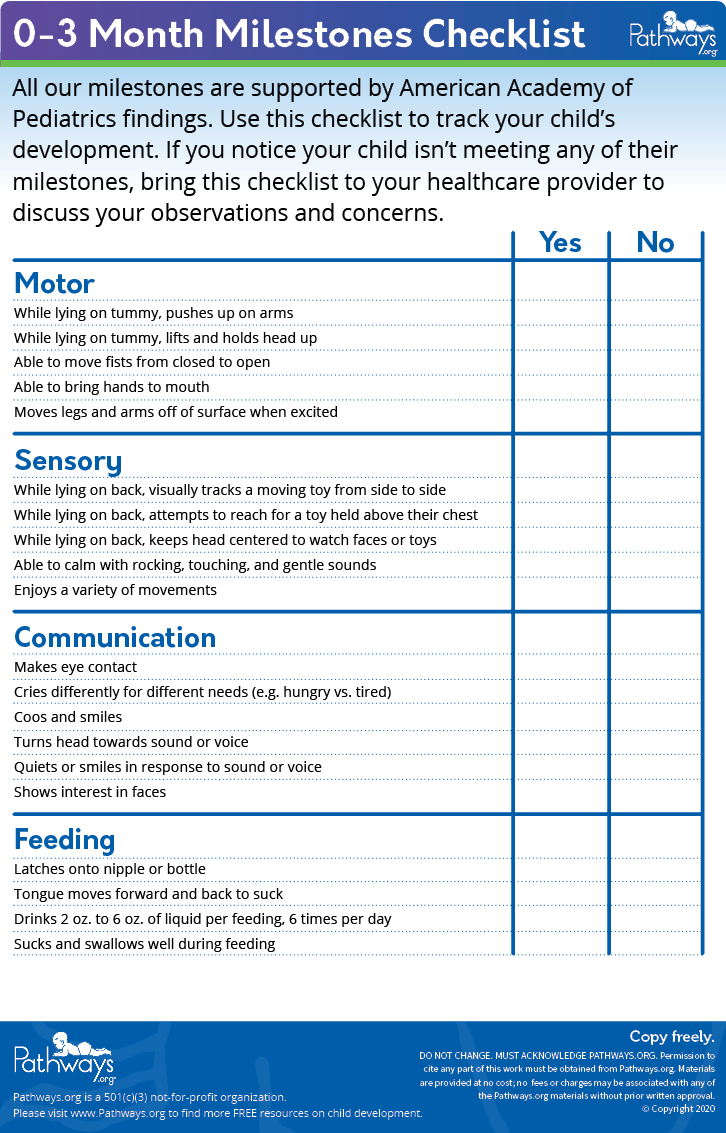Tailored Pediatric Wellness Plans for Healthy Growth

Tailored Pediatric Wellness Plans for Healthy Growth
Ensuring the well-being of children is a top priority for parents, caregivers, and healthcare professionals alike. Pediatric wellness plans are comprehensive strategies designed to promote the healthy growth and development of children. In this article, we’ll explore the importance of tailored pediatric wellness plans and how they contribute to the overall well-being of youngsters.
Holistic Approach to Pediatric Wellness: Beyond Illness Prevention
Pediatric wellness plans adopt a holistic approach that extends beyond the prevention of illnesses. They encompass a range of factors, including nutrition, physical activity, mental health, and preventive care. This comprehensive perspective aims to nurture every aspect of a child’s development, laying the groundwork for a healthy and thriving future.
Individualized Care: Recognizing Unique Needs of Each Child
One of the key features of pediatric wellness plans is their individualized nature. Every child is unique, with specific health requirements and developmental milestones. Tailored pediatric wellness plans recognize these individual differences, ensuring that the care provided is precise and aligns with each child’s distinct needs.
Nutrition as a Foundation: Building Blocks for Healthy Growth
Nutrition plays a pivotal role in pediatric wellness plans. A balanced and nutritious diet is essential for the physical and cognitive development of children. Pediatricians work with parents to create personalized nutrition plans, emphasizing the importance of diverse food groups to provide the necessary building blocks for healthy growth.
Physical Activity and Developmental Milestones: Fostering Motor Skills
Pediatric wellness plans prioritize physical activity to support the development of motor skills. Tailored exercise routines are designed to align with a child’s age and developmental milestones. From crawling to walking and beyond, these activities contribute to the development of strong muscles, coordination, and overall physical well-being.
Mental Health Considerations: Nurturing Emotional Well-being
Holistic pediatric wellness plans include a focus on mental health, recognizing the interconnectedness of physical and emotional well-being. Strategies to support a child’s emotional health may involve creating a positive and nurturing environment at home, fostering open communication, and addressing any early signs of behavioral or emotional concerns.
Preventive Care: Proactive Measures for Long-Term Health
In addition to addressing current health needs, pediatric wellness plans emphasize preventive care. Regular check-ups, vaccinations, and screenings are part of the proactive measures designed to detect and address potential health issues early on. Preventive care contributes to long-term health and reduces the likelihood of more serious health concerns in the future.
Parental Guidance and Education: Empowering Caregivers
Pediatric wellness plans involve not just the child but also the parents or caregivers. Providing guidance and education empowers parents to make informed decisions about their child’s health. From understanding developmental milestones to implementing healthy lifestyle choices, parental involvement is a crucial aspect of the overall wellness plan.
Regular Monitoring and Adjustments: Adapting to Changing Needs
Children’s health needs evolve as they grow. Pediatric wellness plans incorporate regular monitoring and adjustments to accommodate these changes. Whether it’s adapting nutritional plans, modifying exercise routines, or addressing emerging health concerns, regular assessments ensure that the wellness plan









